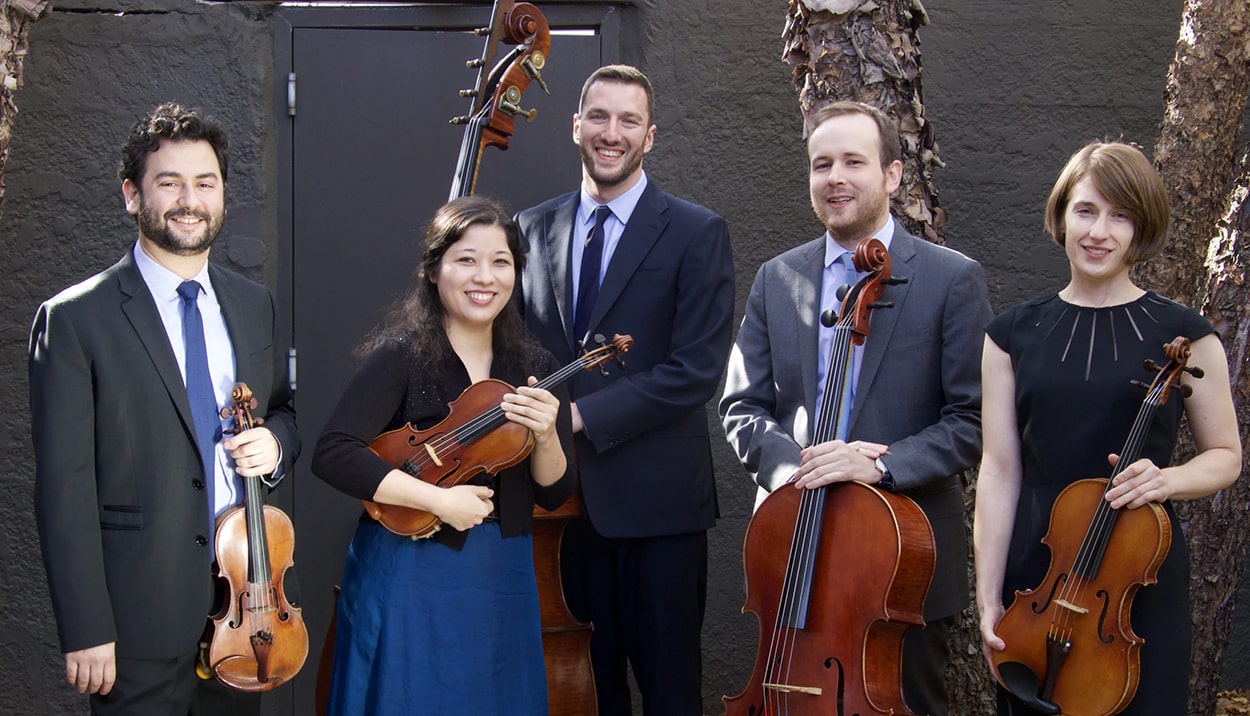President Luiz Inácio Lula da Silva on "Brazil's Destiny"
President Luiz Inácio Lula da Silva on "Brazil's Destiny"
During his acceptance speech for Americas Society’s Gold Insigne, Brazilian President Luiz Inácio Lula da Silva spoke optimistically about his country’s emergence as a global player saying, “Brazil finally has found its destiny and intends to transform itself into a great nation.”
During his acceptance speech for Americas Society’s Gold Insigne, Brazilian President Luiz Inácio Lula da Silva spoke optimistically about his country’s emergence as a global player, saying, “Brazil has all the proper conditions to help respond to the many challenges that the world confronts in the twenty-first century.” Lula emphasized Brazil’s influx of investment funds, the growing middle class, and the opportunities presented by biofuel development and—in particular—recent discoveries of offshore oil reserves.
Each year, AS awards the Gold Insigne to an outstanding, democratically elected leader in the Americas. Past honorees include Oscar Arias Sánchez, Patricio Alwyn, Alvaro Uribe, and Oscar Berger. When presenting the award to Lula, AS/COA Chair William Rhodes highlighted the fact that Brazil’s poverty level had fallen by over 30 percent during Lula’s presidency.
- Listen to an audio podcast of President Lula’s acceptance speech.
- View the video of this the award ceremony and the president's remarks.
- Read his prepared remarks (em português).
- Read his translated, delivered remarks (in English).
Brazil’s shift to serving as a creditor nation stands as one of the accomplishments witnessed during Lula’s administration. He noted that Brazilian exports, helped by market diversification, grew by 20 percent each year since 2004 and that the country has experienced 26 consecutive quarters of growth. Speaking about recent turbulence on Wall Street, he praised the U.S. government’s intervention and said, “I am also building a wall to avoid the crisis from crossing the Atlantic and reaching Brazil.”
The Brazilian leader said investment dollars amounting to the $2.3 trillion by 2012 would help transform the country and he outlined how investment funds were allocated in the fields of housing, transmission and production of energy, shipbuilding, steel, minerals, pulp and paper, automobile, petrochemicals. He also described an $11 billion investment project involving high-speed rail that would connect São Paulo and Rio de Janeiro. Contributing to this investment growth, said Lula, was the Programade Aceleraçãodo Crescimento (Accelerated Growth Program) unveiled in 2006.
The energy sector serves as one of the most important fields for investment, said Lula. He described opportunities for biofuels, which he called “green oil,” and argued that this energy source did not threaten food supplies. He said Brazil uses just 2 percent of the 100 hectares—an area roughly the size of France and Spain combined—of arable land available for biofuels.
Yet Lula also said the discoveries of offshore oil fields would attract investment and that plans to build four new refineries reflected an accomplishment, given that Brazil has not built one since 1980. The new refineries should produce 600 barrels per day and support the doubling of Brazilian oil production for the next 10 years.
Energy resources can provide funding for development in the fields of education and poverty reduction, said Lula. He noted that, in the past two years, roughly 20 million Brazilians have risen out of poverty and that the country’s middle class now stands at 86 million.
“We’ll never reach our aspiration to live in a continent with peace and tolerance if we do not respond to the expectations of social inclusion and social fairness,” said Lula, who stressed the need for South American regional integration in forms such as the recently established Union of South American Nations, better known as UNASUR. “We trust that the United States can follow us in this trail with a spirit of engagement and cooperation,” said the president, who highlighted partnership in the fields of bilateral trade nearing $50 billion, technical exchange, and reciprocal investment.
During the week of the UN General Assembly, AS/COA hosts several presidents. Click here to learn more about these programs.







